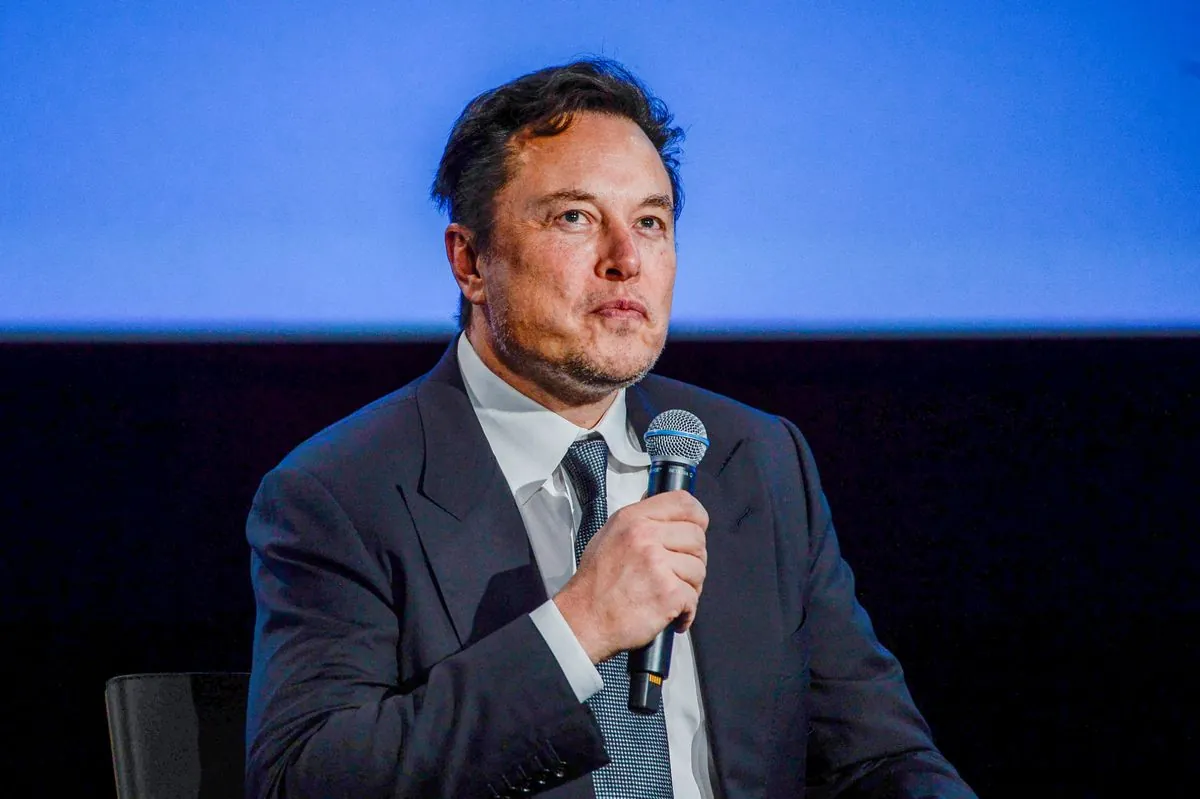Elon Musk's definition of free speech is facing a significant challenge in Brazil, where his social media platform X has been banned. This development marks a critical juncture in the ongoing debate over online content regulation and the power dynamics between tech companies and governments.
In April 2022, shortly after announcing his intention to acquire the platform then known as Twitter, Musk stated his view on free speech:
"By 'free speech', I simply mean that which matches the law. If people want less free speech, they will ask government to pass laws to that effect."
This philosophy is now being put to the test in Brazil, where Supreme Court Justice Alexandre de Moraes has banned X for failing to appoint a legal representative in the country and refusing to remove accounts allegedly spreading disinformation. X has responded by labeling Moraes's orders as "illegal" and publishing sealed court documents through a new account called "Alexandre Files."
The ban has significant implications for X's global reach. Brazil, with over 210 million inhabitants, is the largest Portuguese-speaking country in the world and represents one of X's largest markets outside the United States. The platform is estimated to have more than 20 million users in Brazil, highlighting its substantial influence on public discourse in the country.
This incident is not isolated. X has faced regulatory challenges in other jurisdictions as well. In July 2024, the European Commission found X to be in violation of the Digital Services Act (DSA), a landmark EU legislation aimed at creating a safer digital space. The platform could face fines of up to 6% of its global revenue if found in violation.
Musk's approach to compliance with local laws appears inconsistent across different countries. While X has complied with takedown requests in some nations, it has resisted in others. This selective compliance raises questions about the platform's commitment to both free speech and adherence to local regulations.
The situation in Brazil has drawn parallels with the recent arrest of Pavel Durov, founder of Telegram, in France. Both Musk and Durov advocate for unfettered free speech on their platforms, which has led to conflicts with authorities concerned about the spread of harmful content.
Experts argue that the personalized leadership of these platforms makes it challenging for governments to navigate content moderation issues. Bruna dos Santos, global campaigns manager at Digital Action, suggests that Musk's ego has played a significant role in escalating the situation.
While many agree on the need for platform regulation, the ban on X in Brazil has raised concerns about potential overreach and its implications for internet freedom globally. The incident highlights the delicate balance between protecting free speech and addressing legitimate concerns about online harm.
As this clash between tech giants and governments continues to unfold, it underscores the need for clearer global standards on content moderation and platform accountability. The outcome of this dispute could have far-reaching consequences for the future of online speech and the relationship between social media companies and regulatory authorities worldwide.
